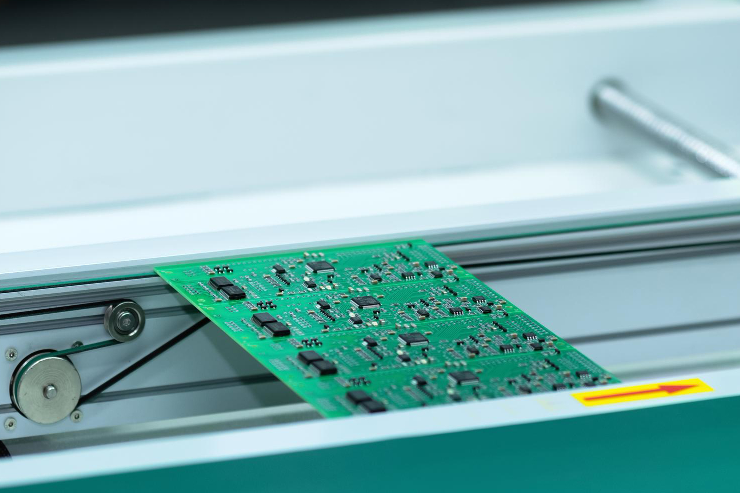Sustainability and the Plastic Injection Moulding Industry
- josh61940
- Mar 17, 2023
- 2 min read
Plastic Injection Moulding is a popular method for many companies to produce products in high volume, fairly low cost & fast. The idea for the physical plastic injection process has been around since 1868.
Fast-forwarding to a world where sustainability & greener endeavors are so important (not only from a social responsibility standpoint, but increasingly an entry requirement), industries must now adapt and invest in their environmental commitments.
So, this poses the question, what actions are being taken across the plastic injection landscape, in order to upgrade the industry’s badge of greener behavior?
One word that often comes to mind when people think of plastic is ‘waste’. This thought process translates over to the plastic moulding industry as well and the sector is responding accordingly.

Waste Reuse & Recycling
One way in which businesses are reducing their waste is to recycle the excess plastic produced from the injection moulding process. At Amey Plastics, a prime example of this would be when we recycle and reuse sprues.
Likewise, excess plastic is collected from the shop floor and taken by a third party partner for recycling. This reduces waste by reintroducing the same plastics back into the industry, reducing the need for new virgin plastic in the production process.
Localised Supply Chain
Simplifying the supply chain is also an effective way the industry is choosing to reduce its carbon footprint. This is being done by using suppliers much closer to home. Reshoring is becoming increasingly common, bringing the manufacturing process back from abroad. Overseas options may of course be cheaper, but by the time you factor in transportation and the associated carbon emissions, purchasing from a more local supplier can be just as, if not more, cost-effective whilst being more sustainable.
Packaging Reduction
Another way businesses inside and out of the plastic injection moulding industry can be more environmentally friendly is to reduce packaging. This is constantly being reviewed across every industry that utilises packaging in some form or another, such as food, manufacturing, retail etc. It goes without saying that when transporting injection moulded components to clients, injection moulders like Amey Plastics are going to great lengths to minimise the packaging used, without compromising the state in which the goods are received.
Rapid Prototyping
Rapid prototyping can also play a major role in reducing waste. Rapid tool prototyping is a solution that uses your CAD file specifications to get a molded part in your hands quickly for initial evaluation. This reduces the risk of producing large volumes of plastic units, then discovering a design flaw down the line, which results in those units not being fit for purpose and ultimately discarded as waste.
A More Sustainable Future
There are many ways the injection moulding industry is working to reduce its impact on the environment and ensure the sector is as sustainable as possible.
Innovation will continue to influence the way products are produced and managed, whether that’s on the shop floor, supplier agreements, transportation or packaging.
The industry is evolving to meet the requirements of the modern world. Make sure you keep an eye out for future blogs from Amey Plastics that share best practices around reducing your carbon and wastage footprint.






Comments